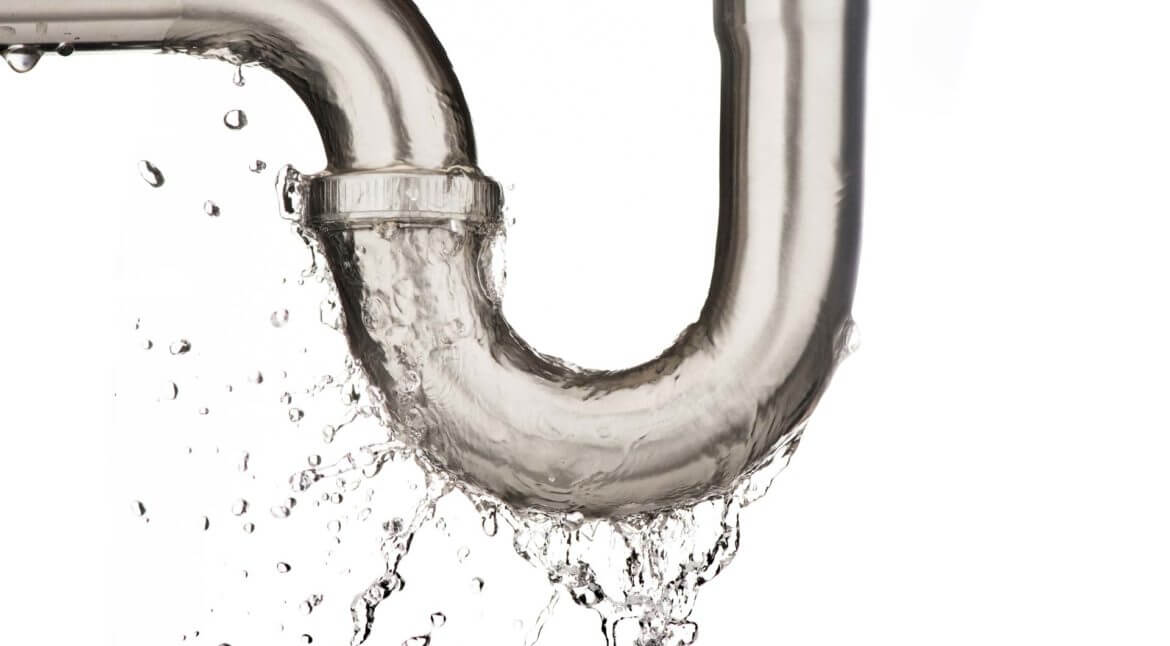 A broken or burst pipe is one of the most frequent plumbing problems that our Chicago plumbers address. There are several things that can lead to your pipe breaking. Sometimes it is age, damage, or misuse. When the pipe is placed under great pressure, any weak point within it could be exposed over time and break. The most common reason, however, is far more obvious. Freezing conditions.
A broken or burst pipe is one of the most frequent plumbing problems that our Chicago plumbers address. There are several things that can lead to your pipe breaking. Sometimes it is age, damage, or misuse. When the pipe is placed under great pressure, any weak point within it could be exposed over time and break. The most common reason, however, is far more obvious. Freezing conditions.
A burst, broken pipe is no laughing matter. Property damage is a serious concern. In the cold winter months, water freezing within the lines is the leading cause of burst pipes. Even if the pipe does not break, cracks will appear or a joint may break off.
A small crack can lead to a subtle but continuous leak of water that could require quite a costly repair due to water damage (once we find out where it is).
Now let’s talk about potential water loss when these lines burst… Well, these could be equal to two full baths per hour. So if your pipes burst while you are running errands all day, you could come home to 48 full baths of water gushing into your home. Any form of leak spells trouble for your home and your wallet.
Your Local Chicago Plumber’s Prevention Tactics
Take heart, though, there are plenty of proactive steps you can take to protect your pipes from breaking. The first step is installation. Check unheated areas in your Illinois home for uninsulated pipes and make it your top priority to insulate not only the cold pipes but your hot water pipes as well. Be sure to check areas such as your cellar, basement, garage, attic, or crawlspace.
Wrapping the hot water pipes keeps the water warm for longer periods of time while insulating the cold water pipes will prevent the water line from freezing as quickly.
Don’t stop insulation with just the pipes. Seal up any open vents during the cold winter months that are not necessary. If left open, the vents allow cold drafts to blow through and freeze your pipes.
There is outdoor prevention that needs to be done as well. Do not keep your outdoor faucets running during the winter. Instead, disconnect hoses and place them in storage. Then, use your main water valve to shut off water flow to the outdoor faucets.
Use Insulating Materials
You can use the following to insulate your pipes:
- foam covers for outdoor faucets
- foam pipe insulation
- heated reflector lamps or heated tape
DIY Broken Pipe Checklist from Licensed Plumbers in Chicago
Check the weather for below-freezing temperatures. When the forecast is cold leave your under-the-sink cabinets open, so the pipes are exposed to warm air, reducing their chances of freezing. Another trick is to leave the water dripping throughout the night to prevent ice from forming.
If the sound of dripping water drives you crazy, tie a string around the top of the faucet and make it long enough to reach the sink. This nifty trick allows the trickling water to slide down the string rather than make that obnoxious plopping and dripping sound. In the event of your pipe freezing, open it and leave it open so that thawing water has a way to escape.
Instruct each of your family members on the location of the main shut-off valve. That way everyone will know how to turn the water off in the event of a pipe bursting. The faster you turn off the water, the faster you prevent major water damage from occurring.
If you still end up with more problems even after you’ve done all the preventative measures, give us a call immediately. We have experts who will know how to properly deal with broken pipes in Chicago. The more you wait, the more money you could lose, so contact us as soon as you suspect you have frozen or burst pipe.


